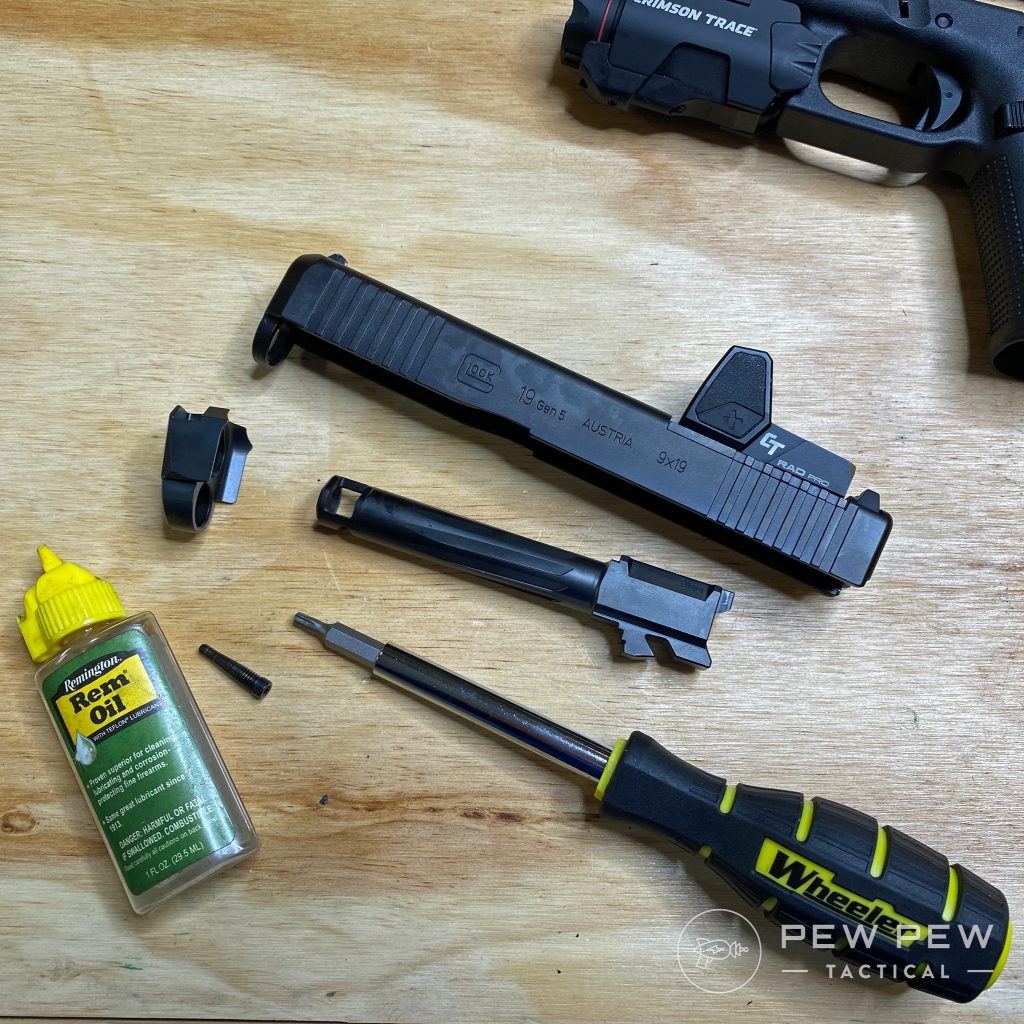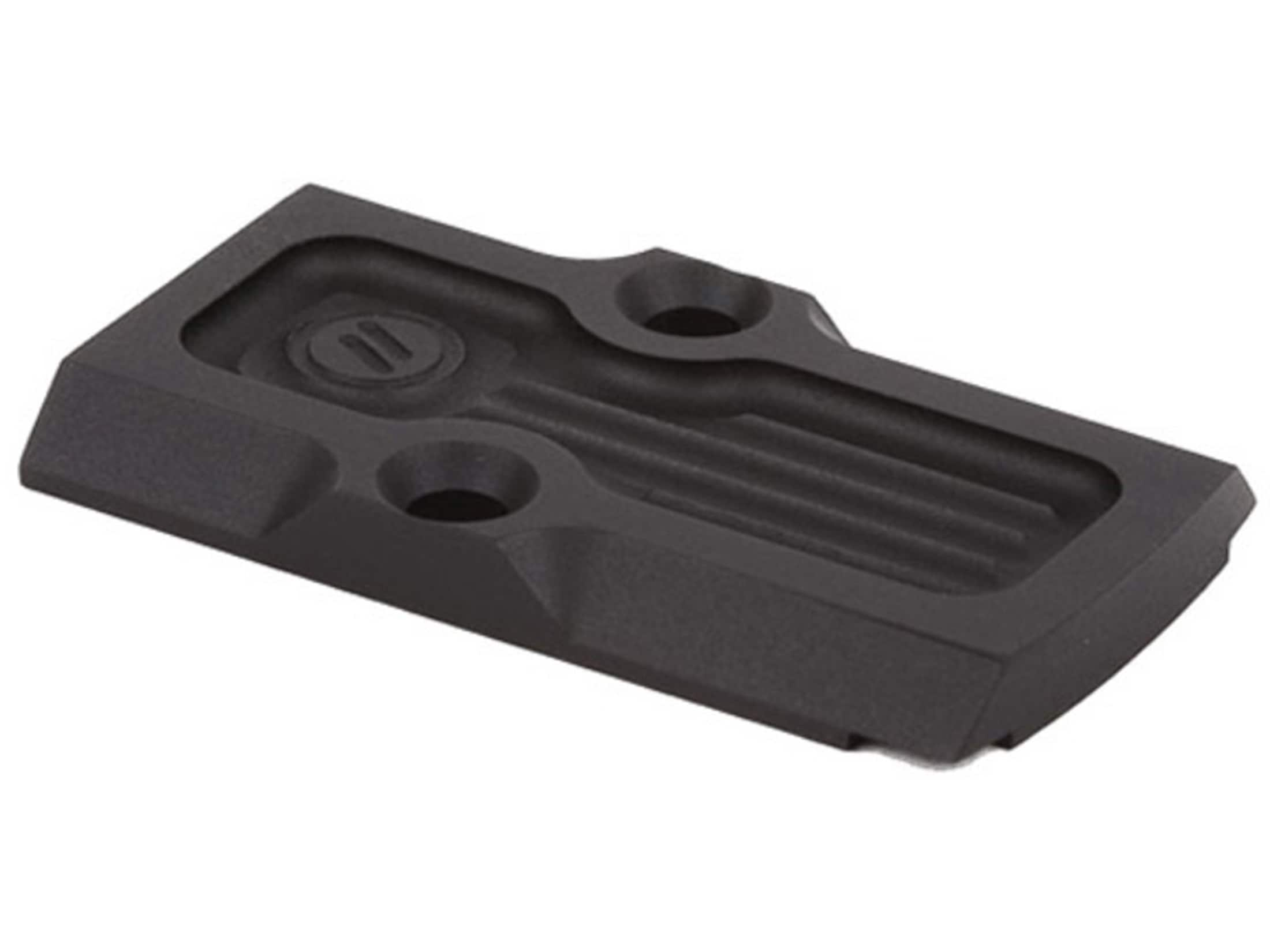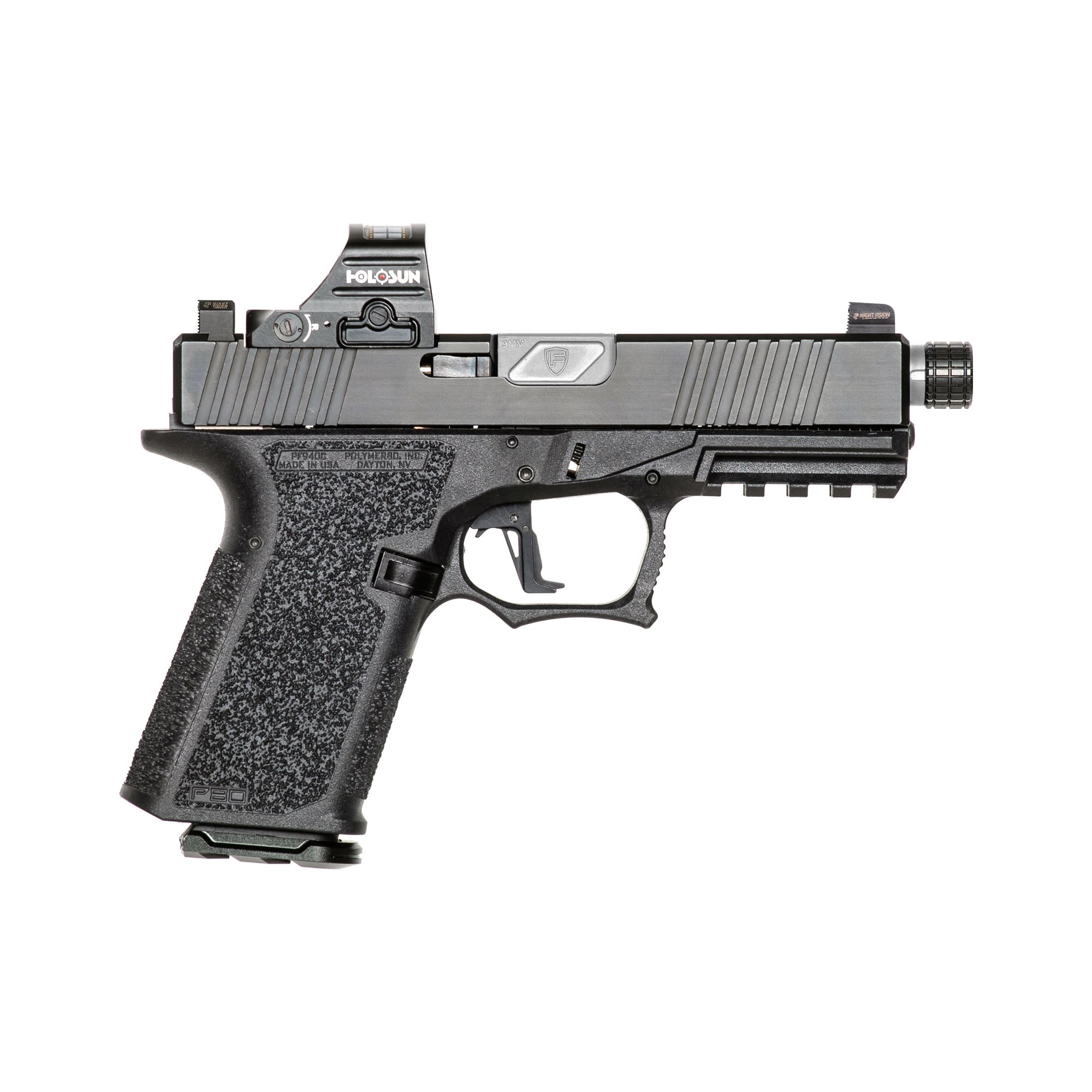Glock Rattles When Shaken - The Glock's "easy trigger pull" appears to be caused by a combination of factors, including operator error and the gun's design.
Pistol maker Glock advertises its pistols as the epitome of perfection, and the Austrian-made pistols have attracted a truly rabid following. However, one complaint about Glocks is that their trigger pull is too light to be safe, so accidental discharges occur. Is there any basis for this rumor?
Glock Rattles When Shaken
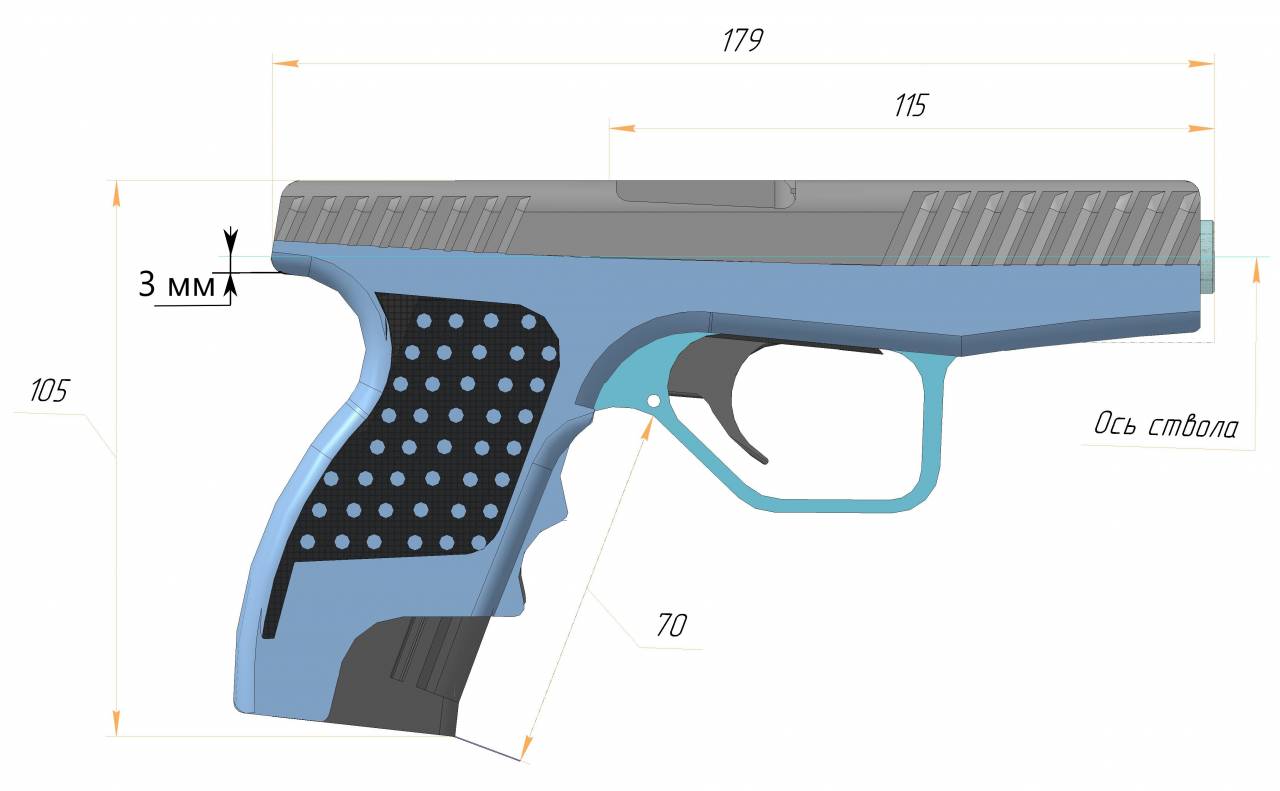
The Glock 17 pistol was released in the United States in the early 1980s and received universal acclaim. The new gun, which used polymers to achieve lighter weight, included a number of new or previously unseen features, including a striker-fired operating system. Although not new, the striker-fired system differed from the more conventional hammer-fire system common to most pistols on the American market at the time.
Step By Step: How To Clean A Glock (with Photos)
In striker-fired pistols, the weapon is cocked by pulling the pistol's slide halfway, a process that ends when the trigger is pulled. Pulling the trigger disengages three different safeties, each designed to stop an accidental discharge that doesn't involve the finger on the trigger. A final action activated by pulling the trigger is to release the eye of the firing pin, which is then struck by the firing pin. This impact force eventually affects the primer, causing a chain reaction that ends with the bullet exiting the barrel of the gun.
Glock calls the assault-powered system a "Safe Action" operating system, and there's a lot of truth in that. The Glock can only fire if the trigger is pulled, which means that accidental holsters and other objects falling to the ground, for example, cannot cause the hammer to fly forward and hit the primer. Three safety mechanisms, including the trigger, prevent the gun from firing without human interaction.
A major advantage of the striker-fired system is the relatively light trigger pull compared to other pistol operating systems. All full-size Glocks and compacts have a trigger pull of approximately twenty-four newtons or 5.39 pounds, twenty-eight newtons or 6.29 pounds of force for smaller concealed carry Glock pistols. This level of power is not uncommon, however, out of the box, the 1911A1 pistol has a trigger pull of between 4.5 and 6.1 pounds.
Other pistols, especially double-action pistols, have a stronger trigger pull. The official pistol of the US Army for decades, the Beretta 92 has an initial trigger pull of thirteen pounds as the trigger goes through various steps to cause the hammer to drop, then a lighter five-pound pull for subsequent rounds.
Setting Up A Glock For Concealed Carry
While most pistols have a heavier trigger pull, others obviously have the same trigger pull weight that the Glock has and have for decades. The Glock's "easy trigger pull" appears to be caused by a combination of factors, including operator error and the gun's design.
Under normal circumstances where a "light trigger" can be a problem, the only reason the gun will fire is if the trigger is pulled. New Glock owners used to heavy double-action pistol triggers may find that they apply more pressure to the pistol than necessary, causing the pistol to go off prematurely. However, this is a lack of training, not a design flaw.
One issue that may add to the controversy is that the Glock does not have an external trigger guard. The lack of an external guard means there is no safety mechanism in case the gun operator breaks the third rule of gun safety: Always keep your finger off the trigger until you are ready to fire. A shooter accustomed to being a little careless with an external defense pistol can be punished with a Glock with serious consequences. Although a Glock can benefit from an external safety, the onus is on the person pulling the trigger.

Glock pistols may have "light" triggers, but historically they are no lighter than other commonly owned pistols. At the end of the day, only the gun operator can shoot their gun, and it is up to the Glock owner to handle their gun safely and learn what to do with their gun. Guns may talk about freedom, but they talk about responsibility.
Glock' By Paul Barrett: Interview And Excerpt
Kyle Mizokami is a San Francisco-based defense and national security writer who has appeared in The Diplomat, Foreign Policy, War Is Boring, and The Daily Beast. In 2009, he co-founded the security and defense blog Japan Security Watch. You can follow him on Twitter:
Car rattles when driving, muffler rattles when idle, iphone rattles when shaken, car door rattles when driving, rolex rattles when shaken, car rattles when accelerating, car rattles when idle, iphone se rattles when shaken, chest rattles when breathing out, car rattles when braking, car door rattles when closed, muffler rattles when accelerating
